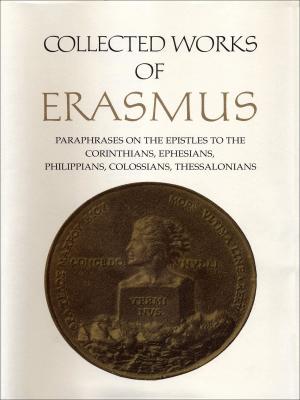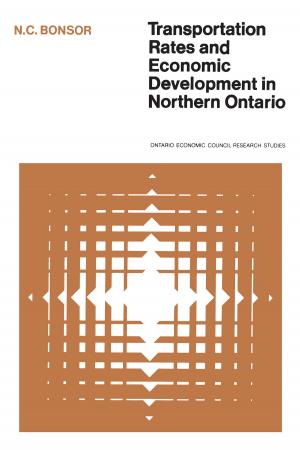| Author: | J.M. Bumsted | ISBN: | 9781442651081 |
| Publisher: | University of Toronto Press, Scholarly Publishing Division | Publication: | December 15, 1971 |
| Imprint: | Language: | English |
| Author: | J.M. Bumsted |
| ISBN: | 9781442651081 |
| Publisher: | University of Toronto Press, Scholarly Publishing Division |
| Publication: | December 15, 1971 |
| Imprint: | |
| Language: | English |
To Canadians of this century the name of Henry Alline is almost unknown. This biography introduces him to the general reader. Through the story of his life it also recreates the early settlement of the Maritime provinces, and examines the origins of one of the most dominant and continuing themes in Canadian life, evangelical pietism.
Henry Alline emigrated from Rhode Island to Nova Scotia with his parents in 1760. Following his religious conversion during adolescence, he became an evangelical preacher and travelled throughout Nova Scotia spreading the gospel. But Alline was more than an itinerant preacher. Drawing on British (and indirectly on German) mythical writings, he rejected the tenets of Calvinism in favour of universal salvation and human free will. He emphasized Christian asceticism and mysticism. His writings, and his attempts to develop an intellectual rationale for his evangelical position, made him Canada’s first metaphysical and mystical philosopher.
In the history of early British settlement in Nova Scotia the name of Alline stands out because of his participation in the process and problems of settlement and his leadership during the trying times of the American Revolution. His career embodied a rejection of both the United States (by a rejection of Puritanism) and of Britain (by a rejection of church and state in Nova Scotia), and put Alline in a classic Nova Scotia position, neutrality, which could be justified by the importance of Christ and the relative unimportance of government. The years in which Alline lived were particularly critical ones for Canada, and his career both mirrors and dominates a period of pioneer hardships, political crises, and spiritual concern born of the uncertainties of human existence.
To Canadians of this century the name of Henry Alline is almost unknown. This biography introduces him to the general reader. Through the story of his life it also recreates the early settlement of the Maritime provinces, and examines the origins of one of the most dominant and continuing themes in Canadian life, evangelical pietism.
Henry Alline emigrated from Rhode Island to Nova Scotia with his parents in 1760. Following his religious conversion during adolescence, he became an evangelical preacher and travelled throughout Nova Scotia spreading the gospel. But Alline was more than an itinerant preacher. Drawing on British (and indirectly on German) mythical writings, he rejected the tenets of Calvinism in favour of universal salvation and human free will. He emphasized Christian asceticism and mysticism. His writings, and his attempts to develop an intellectual rationale for his evangelical position, made him Canada’s first metaphysical and mystical philosopher.
In the history of early British settlement in Nova Scotia the name of Alline stands out because of his participation in the process and problems of settlement and his leadership during the trying times of the American Revolution. His career embodied a rejection of both the United States (by a rejection of Puritanism) and of Britain (by a rejection of church and state in Nova Scotia), and put Alline in a classic Nova Scotia position, neutrality, which could be justified by the importance of Christ and the relative unimportance of government. The years in which Alline lived were particularly critical ones for Canada, and his career both mirrors and dominates a period of pioneer hardships, political crises, and spiritual concern born of the uncertainties of human existence.















